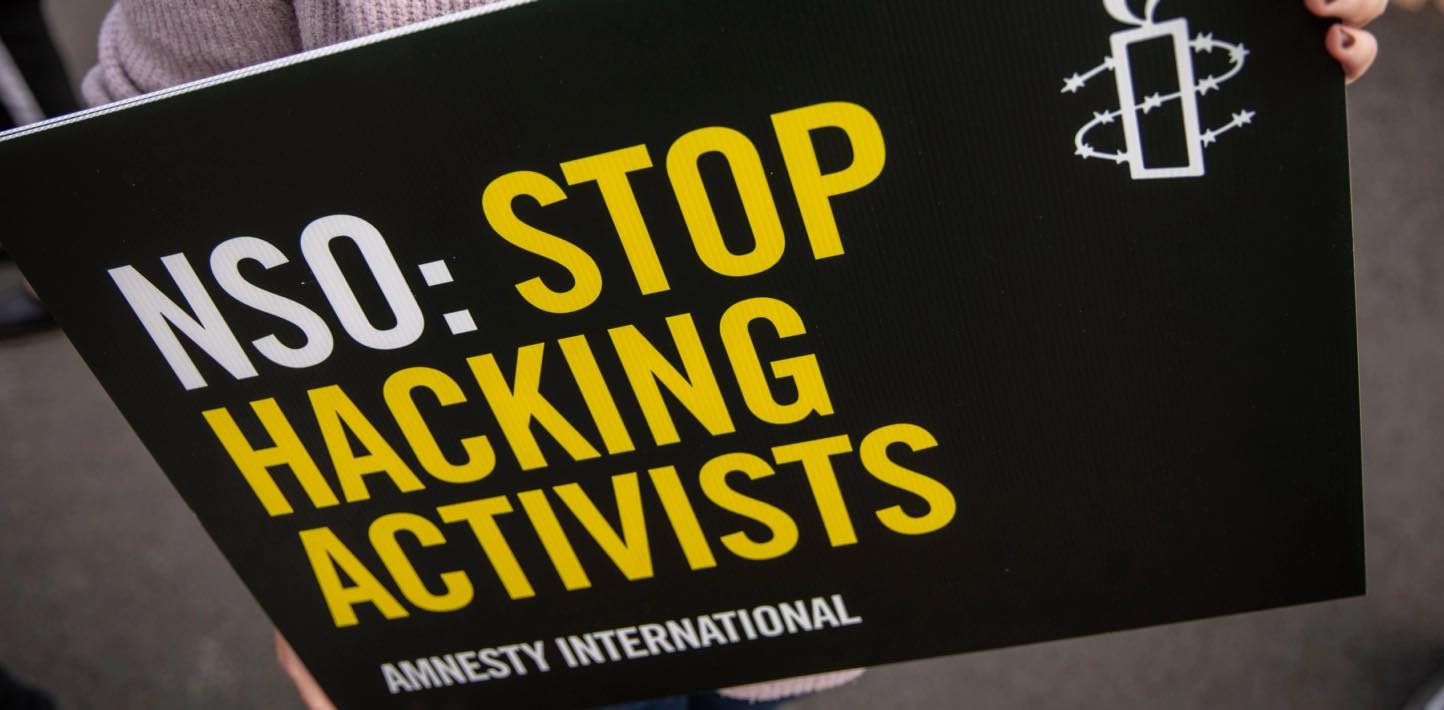Thailand must thoroughly investigate the use of the invasive Pegasus spyware found on the phones of dozens of activists, Amnesty International said today, after a new report identified 30 people who were targeted or infected with the harmful software, the first time its use in the country has been confirmed through technical analysis.
The joint report by the Thai NGO iLaw, Digital Reach and The Citizen Lab found that the infections spanned 2020 to 2021 and involved prominent individuals leading the mass pro-democracy protests, which called for major political and economic reforms, as well as academics and human rights defenders who have publicly criticized the Thai government.
These findings stemmed from alarming notifications sent by Apple to many Thai activists that they had been targeted with the spyware in November 2021. Amnesty International’s Security Lab independently confirmed five of the cases in the report through forensic analysis.
“We can now officially add Thailand to the growing list of countries where people peacefully calling for change, expressing an opinion, or discussing government policies may trigger invasive surveillance with a profound toll on an individual’s freedom of expression, privacy, and sense of security,” said Etienne Maynier, Technologist at Amnesty International. “It is worth remembering that this is only what has been found so far, and the scale of surveillance attempts could be bigger and more damaging.”
According to the report, Pegasus spyware was found on the phones of leading Thai protest organizers, including Arnon Nampa, Benja Apan and Panusaya Sithijirawattanakul, also known as Rung, who authorities have targeted with multiple unwarranted criminal proceedings for peacefully exercising their rights to assembly and freedom of expression.
“Instead of listening and engaging with these protesters, academics, and human rights defenders, intrusive surveillance has been used to harass, intimidate, and target them in an attempt to break their spirit and create a society-wide chilling effect. These new revelations are a shocking example of just how low authorities might stoop to control peaceful dissent.”
NSO Group, the company behind Pegasus, claims that it only sells products to government intelligence and law enforcement agencies.
States have binding obligations under international law to not only respect human rights, but also to protect them from abuse by third parties, including private companies.
Amnesty International continues to call for a global moratorium on the sale, transfer, and use of spyware until human rights regulatory safeguards that govern its use are in place.
“Thai authorities must launch an independent, prompt, thorough, and effective investigation into the use of Pegasus spyware and take necessary measures to foster a safe environment for civic engagement. Such measures must include the amendments of legislation enabling state surveillance, including the Computer Crimes Act, the Cybersecurity Act, and the National Intelligence Act in line with international human rights law, as well as implementing safeguards to protect the right to privacy and freedom of expression, association and peaceful assembly.”
Background:
The new report was released one year after the global Pegasus Project revelations, which uncovered how governments worldwide were using NSO Group’s invasive Pegasus spyware to put human rights activists, political leaders, journalists and lawyers under unlawful surveillance.
The lack of a global moratorium on the sale of spyware is allowing the surveillance industry to continue unchecked, Amnesty International warned in a separate statement today.
Following repeated calls for the surveillance industry to be regulated, some steps have been taken in the right direction – but government action has not yet been enough.
The Pegasus Project was a collaboration by journalists from 17 media organizations in 10 countries, coordinated by Forbidden Stories. Amnesty International’s Security Lab used cutting-edge digital forensic tests and research methodologies to confirm evidence of targeting and infections on scores of phones around the world.
In the last year, the Security Lab uncovered new instances of targeting using Pegasus in Morocco-Western Sahara and Poland. In addition, the Security Lab independently confirmed numerous additional cases where Pegasus was still being used to unlawfully target people, including cases in El Salvador, Israel/Occupied Palestinian Territories, Poland, and Spain.
For more information, please contact [email protected]


